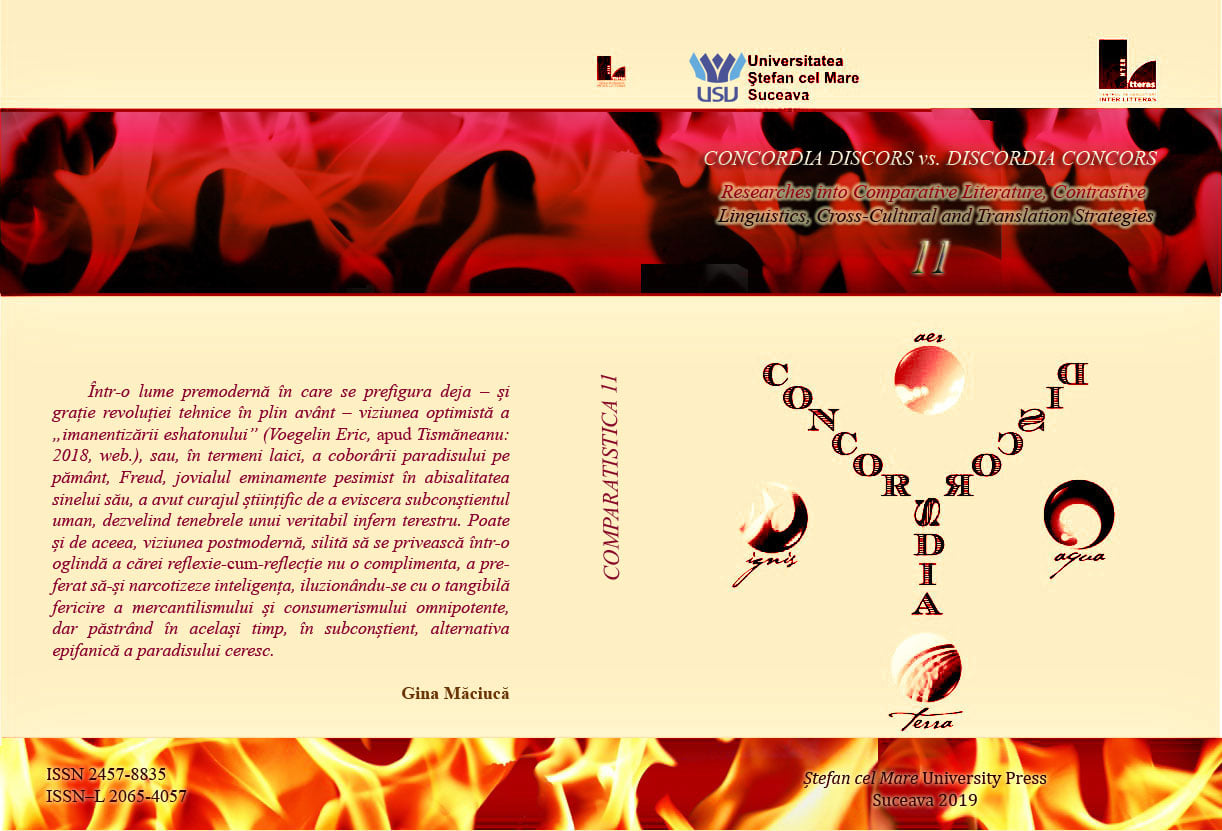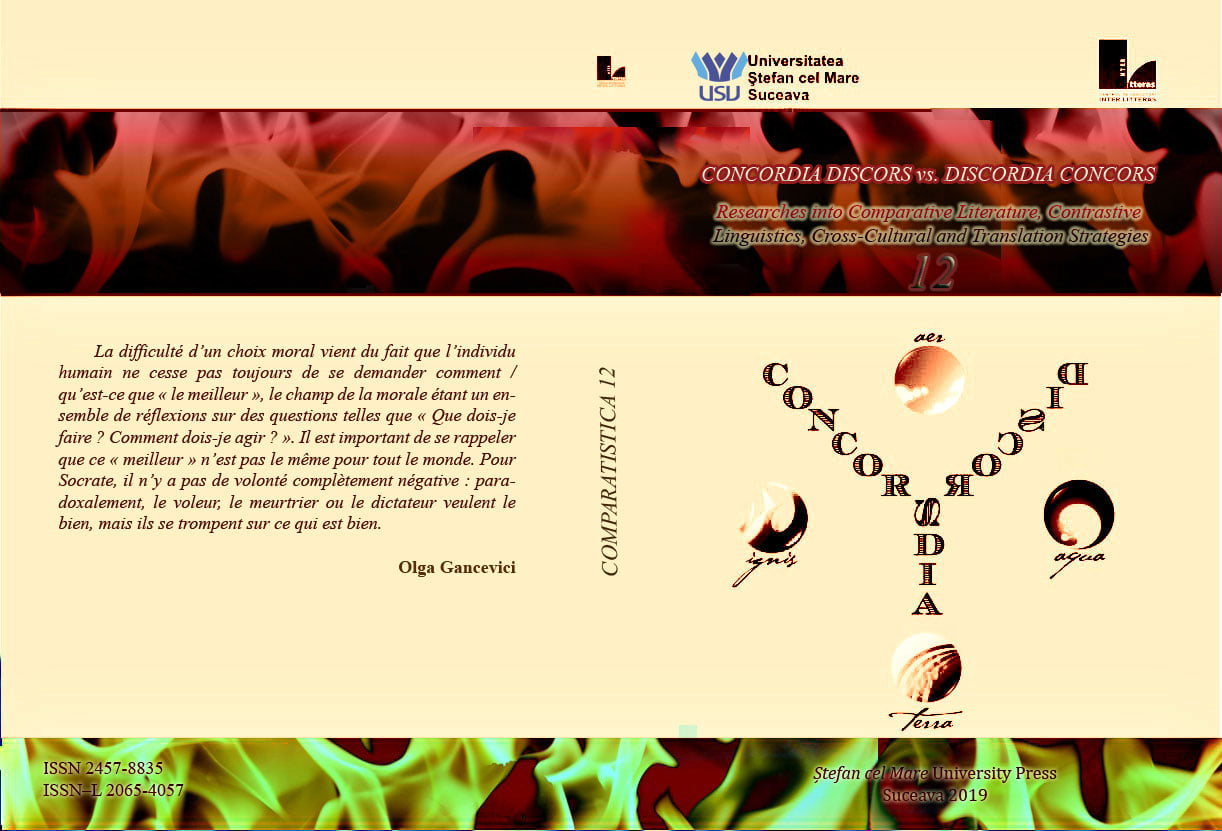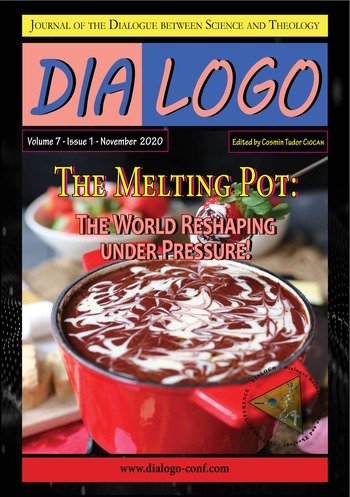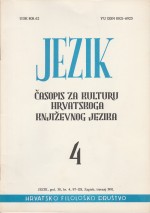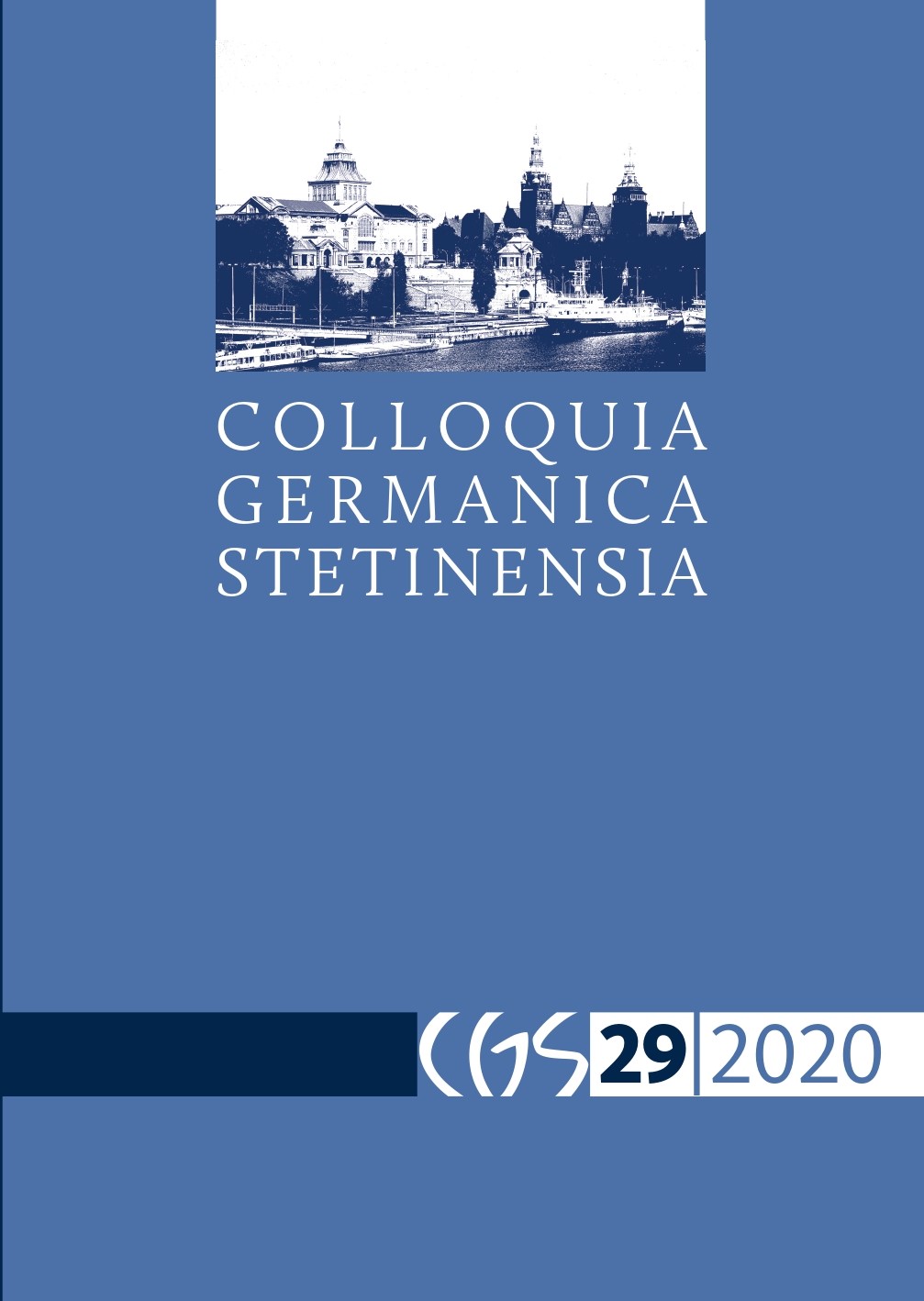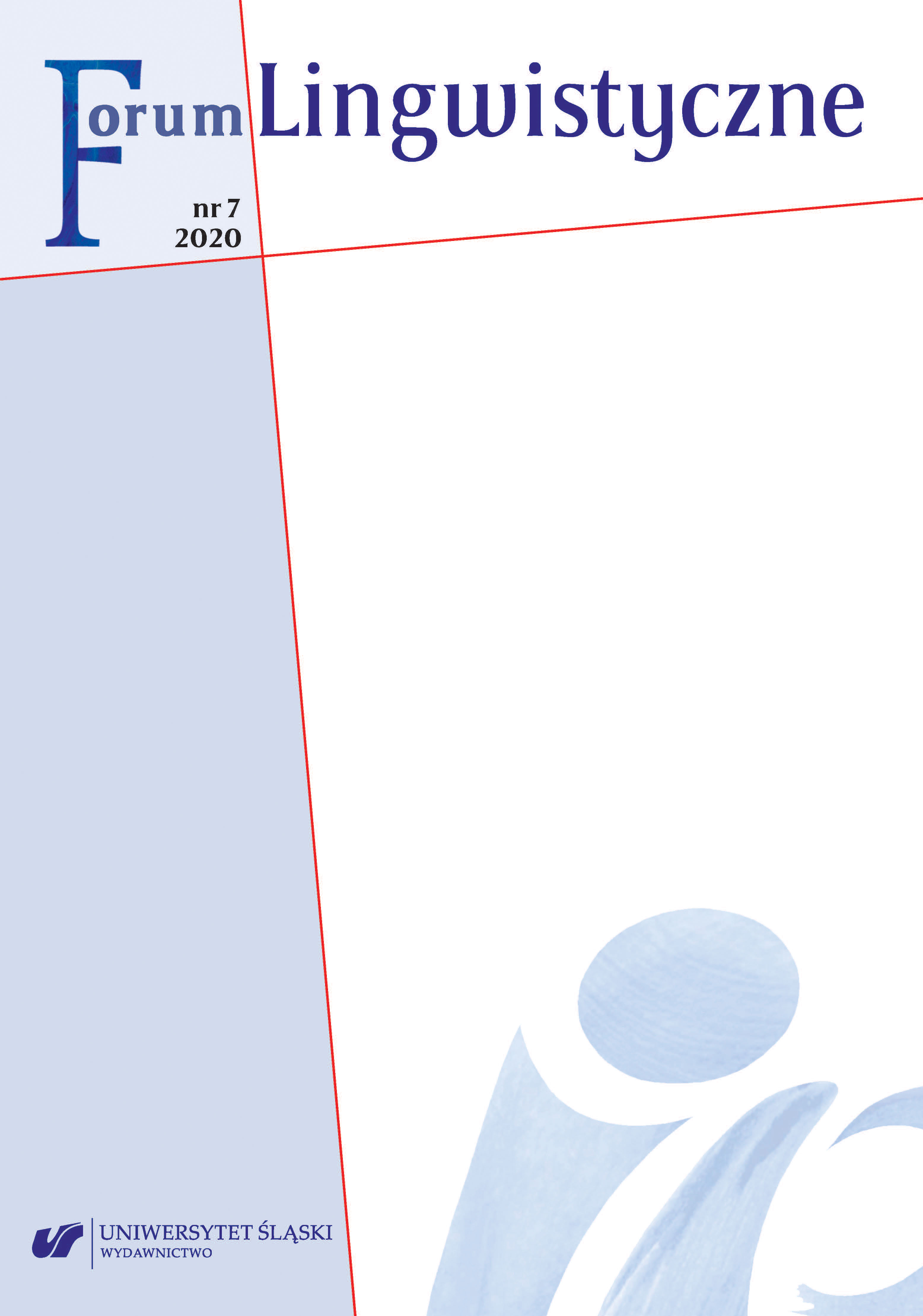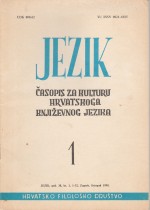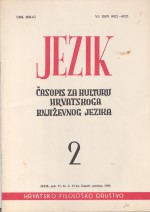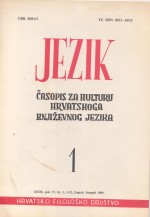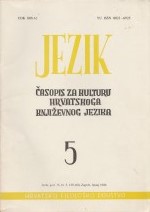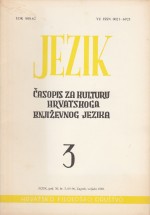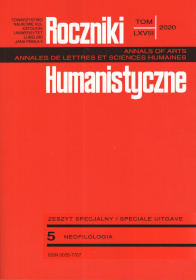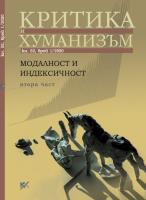Author(s): IONELA IONITIU / Language(s): English
Issue: 1/2020
The goal of this paper is to emphasize the importance of employability skills within a two-year ESP course. It is not only about getting, doing, performing, or keeping a job but about developing within that job. The perfect way to achieve, foster, and boost these employability skills is through ESP, namely English for Specific Purposes. Moreover, the interdisciplinary dialogue between Theology and ESP is not going to question concepts such as knowledge through scientific reasoning, or knowledge through religious faith. Rather than being inward-looking and churchy, these skills could be applied to or work for a broad community in mind. When designing and adjusting your ESP course to our learners’ needs, we developed topic-specific activities based on authentic texts that would sharpen their analytical, communicative, creative, and critical thinking skills. Therefore, the teaching and learning proposals provided within this paper are meant to encourage an introspective, deliberate approach to the use of each skill within your ESP context. Apart from the fact that Theology attaches greater importance to emotions and feelings, affective commitment and faithfulness, and subjectivity, whereas ESP is still realist, impartial, and unbiased, using these skills is entirely your choice as an English language teacher because you will have to minutely assess and sort out those skills that best satisfy the demands of your program’s particular objectives and learning outcomes, and those that foremost fulfill the interests and needs of your ESP students.
More...
